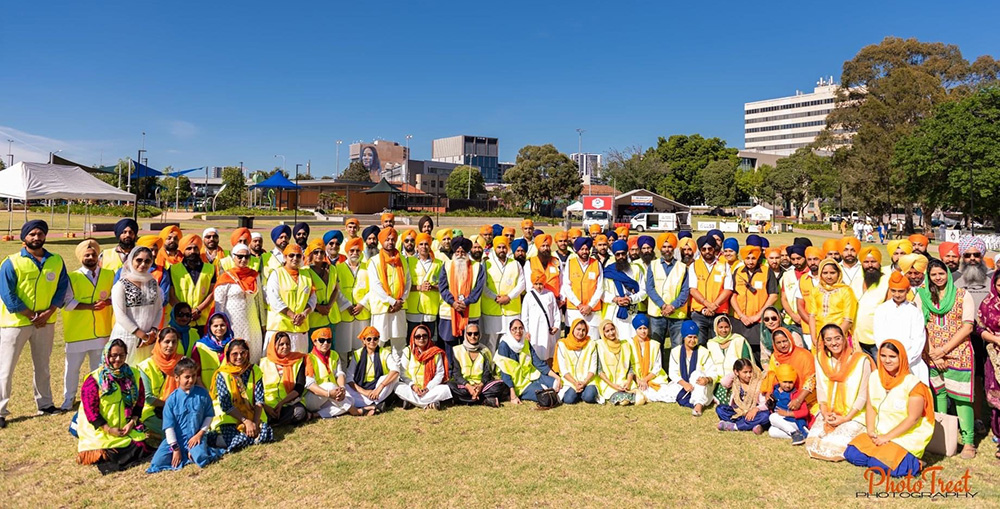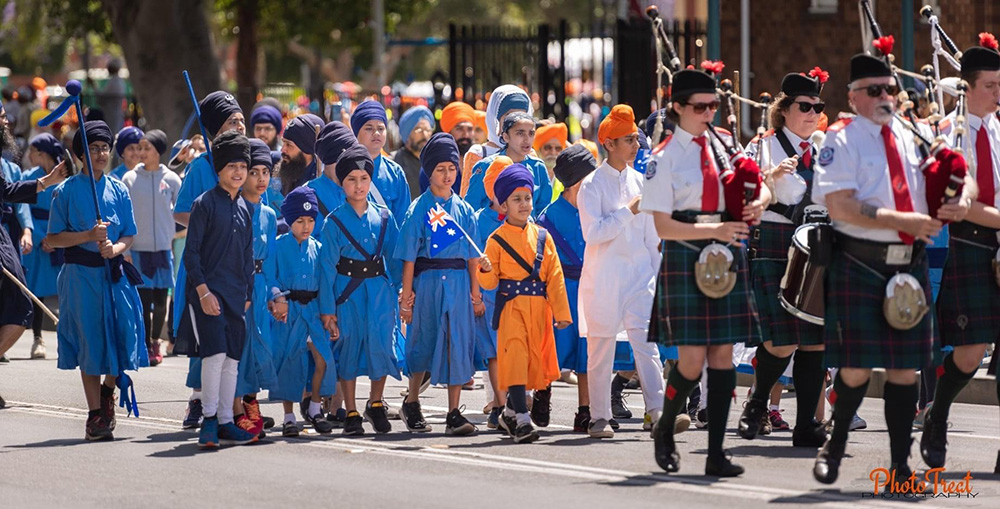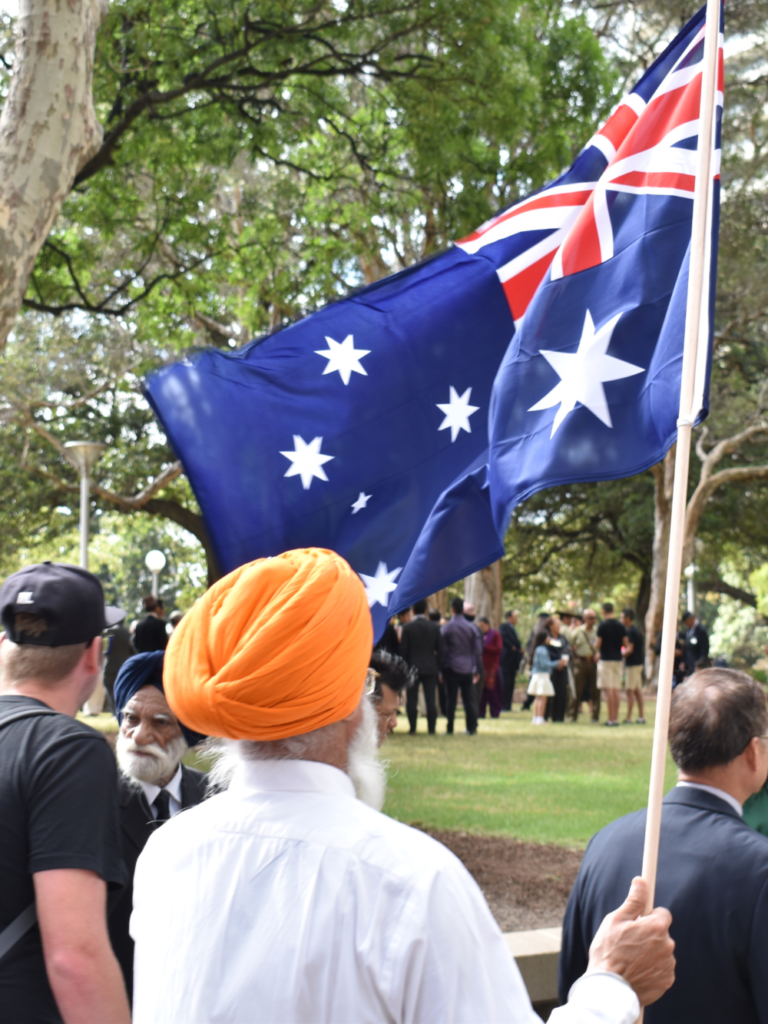Who Are Sikhs?

The Basics of Sikhism
Sikhs are an ethno-religious community founded at the end of the fifteenth century by Guru Nanak, the first of the ten Sikh gurus, in the Punjab region of the Indian subcontinent. The term “Sikh” originates from the term for “disciple”, “learner” or “student”.
We are currently the fifth largest religious group in the world, with an estimated 30 million adherents worldwide.
The Five Ks of Sikhism
Sikhs are perhaps most recognisable by our turbans and beards, which form part of the five articles of faith a baptised Sikh should wear on their body. These are often referred to as the Panj Kakar or the five Ks of Sikhism, which are listed below:
- Kesh or uncut hair left to grow naturally as a sign of respect to God, with hair on the head wrapped in a turban
- Kara, a steel bracelet worn on the wrist to symbolise the oneness of God
- Kanga, a wooden comb to keep our hair clean and tidy
- Kachera or special undergarments for modesty
- Kirpan, a ceremonial dagger symbolising our willingness to fight against injustice
The dastar or turban we wear is not only practical, keeping our uncut hair out of the way. It also serves a spiritual purpose, forming a crown that centres the energy stored within the hair.


The Core Values of Sikhism
All human beings are equal
Since the very beginning, the Sikh gurus taught that all human beings are equal. Regardless of your race, ethnicity, social status, wealth, or religious beliefs, you deserve to be treated with respect and dignity.
Sikhism also teaches that men and women are equal. People of any gender are deserving of full rights and are able to participate equally in all aspects of Sikh worship.
Selfless service
The Sikh faith has always had a strong focus on social justice, with Sikhs called to help people of all faiths and backgrounds.
In fact, selfless service to the community, or seva, is one of the core tenets of Sikhism. This principle is perhaps best exemplified by the tradition of langar, in which we run community kitchens in our places of worship. People from all walks of life, regardless of their race, ethnicity, religion or social status, are welcome to enjoy a free vegetarian meal with us as equals in our temples.
Respect for other religious traditions and their followers
As Sikhs, we believe there are numerous ways to follow God and seek truth, and that individuals should be free to choose their own spiritual path. Respect for other religions is a core tenet of the Sikh faith, so we do not seek to convert others.
Sikhs in Australia
It appears Sikhs have lived in Australia in small numbers since the 1830s. Coming from farming backgrounds, the early Australian Sikh population often worked as indentured labourers on farms and sheep stations.
Sikhs fought for the allied forces in both world wars, and even as ANZACs in Gallipoli as part of the 14th Sikh Regiment. This Regiment is thought to have sustained the most casualties in the Gallipoli campaign, with 379 deaths and only four surviving members.
While Sikhs make up only 0.8% of the Australian population today, we are one of the nation’s fastest growing religions. In fact, the number of Sikhs living in Australia has almost tripled since 2011, with over 210,000 people identifying as Sikh today.
This increase in numbers is largely due to migration. Nearly 60,000 recent migrants to Australia were Sikh, with almost 96% born in India.

